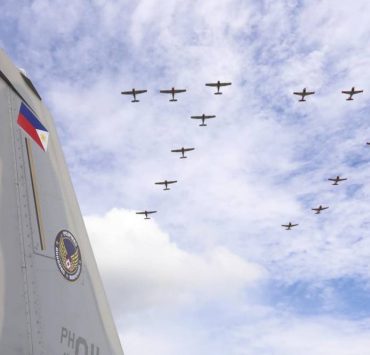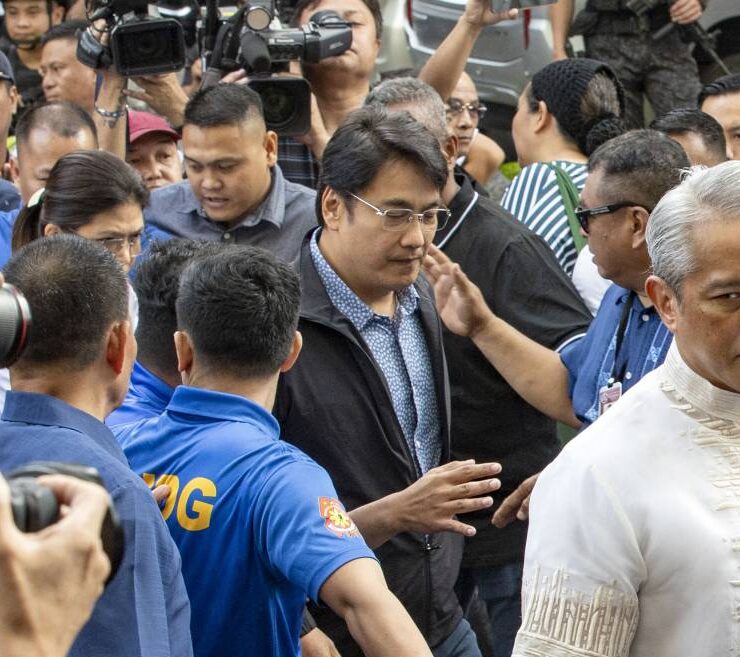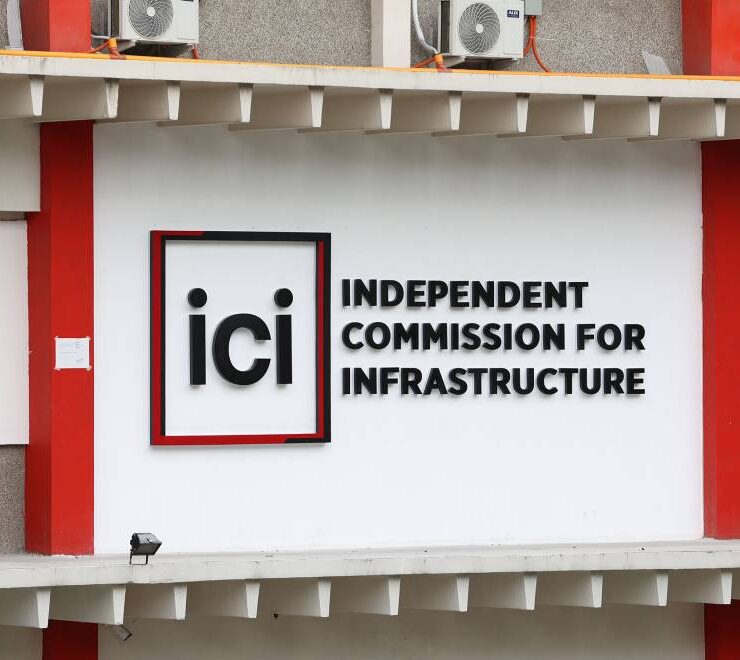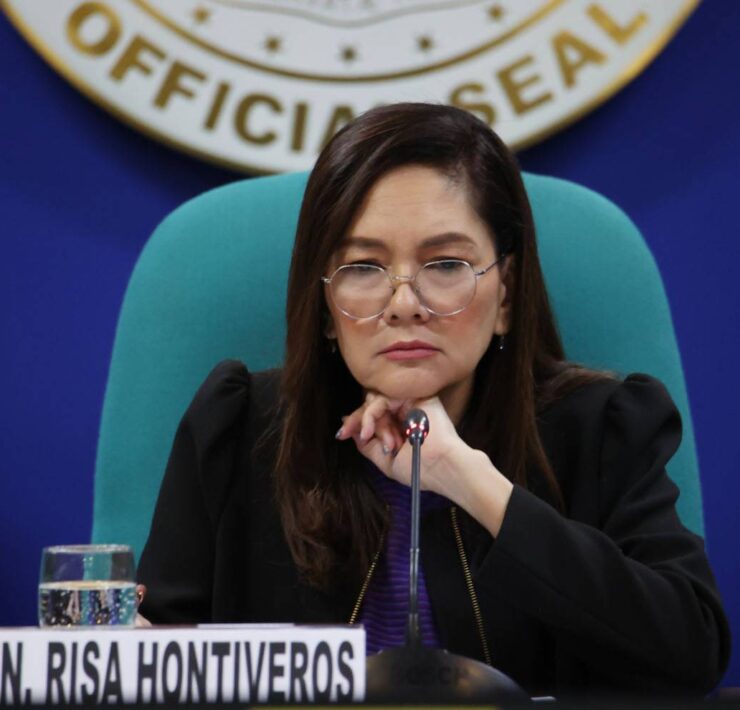PH, Japan ink defense pact amid China aggression

The Philippines and Japan on Monday boosted their defense ties by forging a Reciprocal Access Agreement (RAA) allowing the entry of military troops and equipment into each other’s jurisdiction for combat training and disaster response.
President Marcos witnessed the signing ceremony in Malacañang, which coincided with the courtesy call by Japanese Foreign Minister Yoko Kamikawa and Defense Minister Minoru Kihara.
Kamikawa described the pact as a “landmark achievement,” while Defense Secretary Gilberto Teodoro Jr. said “this is another milestone in our shared endeavor to ensure a rules-based international order.”
The RAA was signed by Teodoro and Kamikawa, while Foreign Secretary Enrique Manalo and Kihara served as witnesses. It will take effect after its ratification by the legislatures of the two countries.
The deal is the first of its kind to be signed by Japan in Asia and comes amid a rise in aggression by Chinese vessels particularly in the West Philippine Sea.
Both the Philippines and Japan, two of the United States’ closest Asian allies, have taken a strong line against what they see as an increasingly assertive China in the South China Sea, a region where Beijing’s expansive claims—which an international tribunal in 2016 said had no legal basis—were in conflict with those of several Southeast Asian nations.
Moments before the signing ceremony, President Marcos expressed delight that the two countries’ efforts to forge the defense agreement “have come into fruition.”
The RAA was committed by both countries at the inaugural Philippines-Japan Foreign and Defense Ministerial Meeting or 2+2 in April 2022 and negotiations began in November during Japanese Prime Minister Fumio Kishida’s visit to the Philippines.
The Presidential Communications Office did not release the text of the agreement or provide other details.

AFP Chief of Staff General Romeo Brawner (left) shakes hands with his counterpart Japan Self-Defense Forces (JSDF) General Yoshihide Yoshida (right) at the 2nd Philippines-Japan Foreign and Defense Ministerial Meeting at the Shagri-la The Fort in Taguig City on Monday, July 8, 2024.
INQUIRER PHOTO / GRIG C. MONTEGRANDE
Common concerns
After the RAA signing, top diplomats and defense officials of Manila and Tokyo met for their second 2+2 meeting to discuss “issues of common concern” and ways forward in their bilateral cooperation.
Manalo and Teodoro led the high-level meeting with their counterparts Kamikawa and Kihara.
“The RAA brings our defense partnership to an unprecedented height. We also explored other measures to enhance and coordinate our defense and security policies,” Manalo said.
“With this signing, we look forward to increase cooperation and work in order to bring this agreement not merely in exchanges of signed deeds but actual work and actions in order to bring stability in this part of the world,” Teodoro added.
Japan, which last year announced its biggest military buildup plan since World War II in a step away from its post-war pacifism, does not have any claims to the South China Sea, but has a separate maritime dispute with China in the East China Sea, where they have repeatedly faced off.
It has supported the Philippines’ position and has expressed serious concern over China’s actions, including recent incidents that resulted in damage to Philippine vessels and injured a Filipino sailor.
The Philippines has a Visiting Forces Agreement (VFA) with the United States and Australia. Tokyo, which hosts the biggest concentration of US forces abroad, has similar RAA deals with Australia and Britain, and is negotiating another with France.
Reacting to the agreement, China on Monday said the Asia-Pacific region did not need any military bloc, or any groupings that could incite bloc confrontation or a “new cold war.”
China’s Foreign Ministry spokesperson Lin Jian said the cooperation between countries “should not undermine the mutual understanding and trust between other countries in the region.”
“Any move that undermines regional peace and stability, and harms regional solidarity and cooperation will be met with vigilance and opposition from people in regional countries,” Lin said at a press briefing in China.
Increased military capability
Senators on Monday expressed confidence that the signing of the RAA would help fortify the country’s defense of its territorial waters.
“Anything that strengthens and increases our military’s capability is a deterrence to a possible conflagration. I fully support this agreement,” Senate President Francis Escudero said in a Viber message.
Escudero’s predecessor, Sen. Juan Miguel Zubiri, was elated that the two countries had finally inked the military deal.
Senate President Pro Tempore Jinggoy Estrada also welcomed the signing of the RAA, saying that any partnership that “strengthens our country’s close security relationship with a regional partner is an encouraging and welcome development.”
“Aside from joint military exercises, the RAA plays a crucial role in coordinating humanitarian assistance and disaster relief operations,” he added.
Sen. Imee Marcos, who heads the Senate foreign relations committee, said that improving the country’s defense ties with other nations in the Asia-Pacific region was good for the country, “[but my committee] will scrutinize every line and every word of that treaty once [it] is referred to us to make sure that it is aligned with the national interest of the country.”
Senate Minority Leader Aquilino Pimentel III, meanwhile, said it would be better for the government to pursue economic agreements instead of securing military deals.
“[We should trade] products, not gunpowder,” he said.
House Assistant Minority Leader Arlene Brosas also warned that the RAA would result in violations of the country’s sovereignty and heighten tensions in the Indo-Pacific region.
Bagong Alyansang Makabayan and the Asia-Wide Campaign against US-Japanese domination and aggression of Asia released a joint statement condemning the agreement, arguing that it “provokes China and further incites conflict between the Philippines and China.” —WITH REPORTS FROM JANE BAUTISTA, RUSSEL LORETO, JEANNETTE I. ANDRADE AND INQUIRER RESEARCH





















